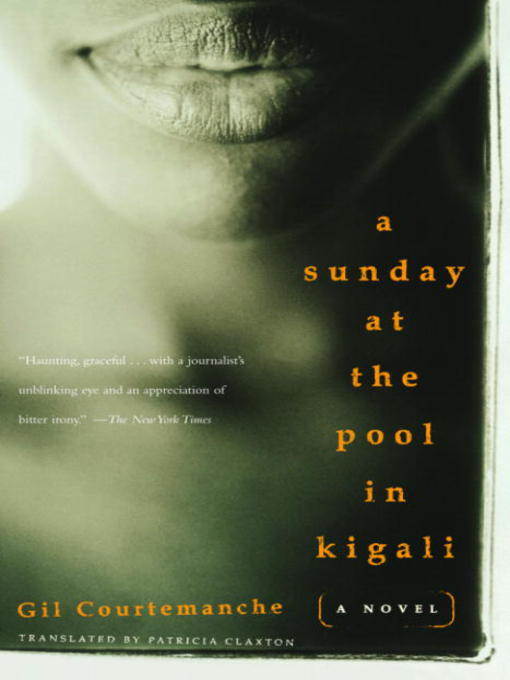
A Sunday at the Pool in Kigali
کتاب های مرتبط
- اطلاعات
- نقد و بررسی
- دیدگاه کاربران
نقد و بررسی

September 8, 2003
Bernard Valcourt is a Canadian journalist in Rwanda planning a film on the local AIDS epidemic when he falls in love with Gentille, a Tutsi who works at his hotel at the time of the Hutu-led genocides. Chronicling the days of the government-sponsored atrocities, Courtemanche's novel is powerful in its ability to remind us how much the myth of race has done to divide and destroy the human species in the past hundred years. At the same time, however, it strains to position itself as a sort of neo-existentialist tome, quoting Camus and echoing The Plague. Valcourt describes himself without irony as "sophisticated... an enlightened humanist," and yet his childish self-pity and bitter refusal to accept life's harsh realities are less the trappings of a great intellectual than the alcoholic he obviously is. From the swimming pool terrace of the Hôtel des Mille-Collines in Kigali, he observes the rapidly deteriorating situation, "rather like a buzzard on a branch... waiting for a scrap of life to excite him." His supposedly spiritual love for Gentille is intended to redeem him, but it most often takes the form of a rhapsody over her "perfect" body. The Rwanda painted by Courtemanche (a Canadian journalist himself) is a country bloodied by ignorance, hatred, sexual obsession and lust for power, as terrifying and darkly obscene as anything imaginable. Tragic and deeply touching at turns (and illuminating from an historical perspective), the novel is nevertheless cheapened by Valcourt's muddled sentimentalizing and adolescent grandiloquence. As Einstein said, everything is either meaningless or miraculous. Most often it's romantics who, becoming cynics, embrace the former. (Oct. 14) Forecast:The best book on the Rwanda genocide is still Philip Gourevitch's nonfiction workWe Wish to Inform You That Tomorrow We Will Be Killed with Our Families, but Courtemanche's novel should stimulate lively debate and serve as useful supplementary reading. Rights have been sold in 13 countries, and movie production is underway with Lyla Films.

























دیدگاه کاربران